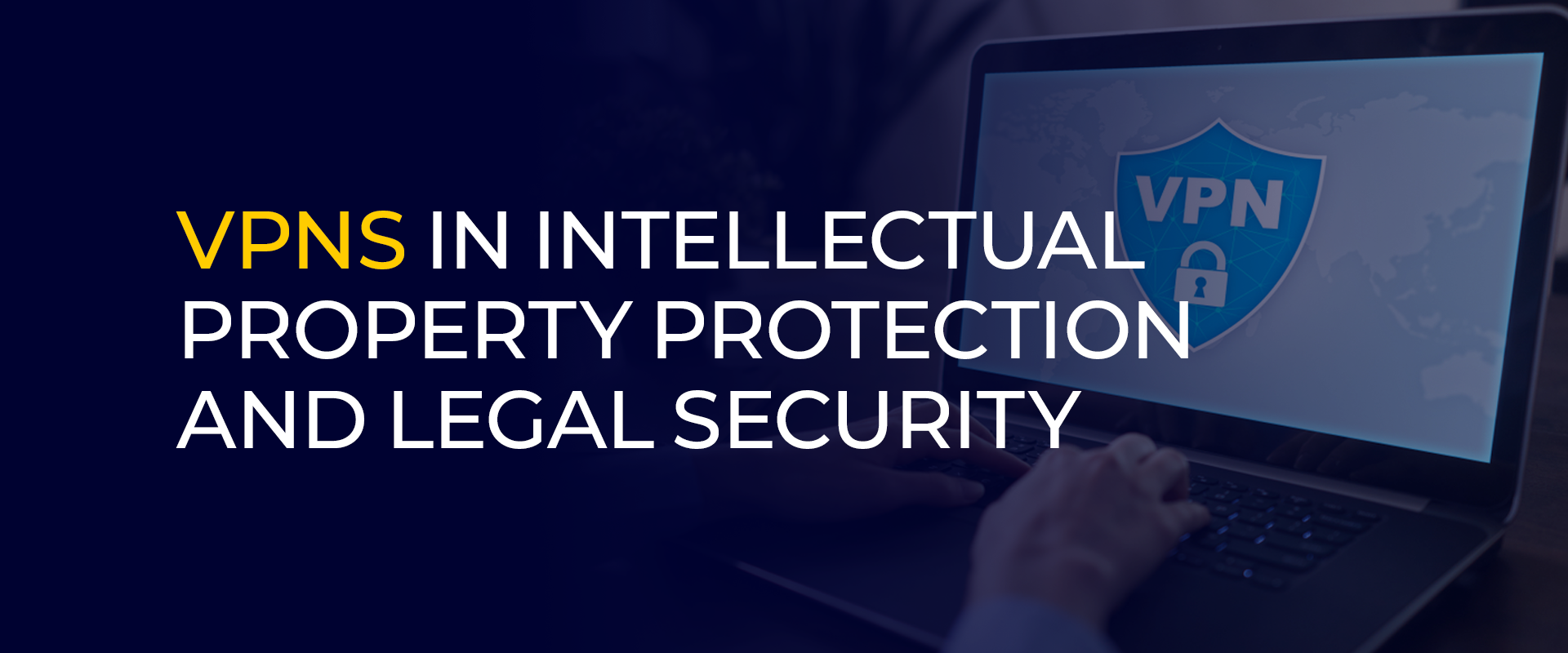

Get 93% OFF on Lifetime
Exclusive Deal
Don’t miss out this deal, it comes with Password Manager FREE of cost.
Get 93% off on FastestVPN and avail PassHulk Password Manager FREE
Get This Deal Now!By Nancy William No Comments 6 minutes
Intellectual property (IP) has become one of the most crucial business assets in the modern economy. Whether it’s innovative technologies, creative artwork, or proprietary business methods, the value of IP cannot be underscored.

Moreover, as companies expand their digital footprints, the risk of IP theft, cyberattacks, and unauthorized access has grown exponentially. With so much at stake, enterprises must prioritize their strategies for protecting their IP from bad actors.
As such, one of the most effective tools for securing sensitive information is using Virtual Private Networks (VPNs). VPNs offer a secure and encrypted connection between users and the Internet, shielding sensitive data from hackers, cybercriminals, and unauthorized parties. By masking IP addresses and encrypting communications, VPNs help confirm the confidentiality and integrity of valuable IP, especially for businesses operating remotely or across borders.
In addition to technological measures like VPNs, the structure of a business itself can provide an additional layer of protection. Establishing a Limited Liability Company (LLC) can safeguard personal assets and minimize legal disputes or IP infringement risks. By combining legal structures with cybersecurity practices, businesses can realize a comprehensive defense to protect their IP from digital and legal threats.
IP refers to creations of the mind, such as inventions, artwork, writing, designs, and brand identities. The main types of IP include:
As businesses move increasingly online, IP faces considerable digital risks, including:
Protecting IP has never been more critical–especially as companies seek to ensure long-term business value and maintain a competitive edge. IP loss or theft can result in financial loss, damage to a brand’s reputation, and weaken a company in the marketplace.
A VPN is a technology that creates a secure and encrypted connection between a user’s device and the Internet. It acts as a private “tunnel” for data and works to prevent third parties from accessing or intercepting sensitive information.
There are several key functions of a VPN, including:
Both personal and business data can be protected with a VPN from cyber threats like hacking, malware, and data breaches. Furthermore, because of this added level of security, the risk of compromised sensitive information is effectively reduced.
Finally, VPNs ensure privacy during online transactions and can stop a third party from monitoring, intercepting, or exploiting the data exchanged. This is particularly important when securing IP and conducting confidential business operations.
Here are some key ways VPNs contribute to IP protections:
Maintaining business data security is not only crucial for protecting IP but also for ensuring legal compliance.
VPNs are essential to a broader cybersecurity strategy, helping businesses meet legal requirements like GDPR and HIPAA, which mandate the protection of sensitive data.
By encrypting communications and masking IP addresses, VPNs can minimize the risk associated with data breaches and unauthorized access.
Furthermore, in the event of a violation, using a VPN can help a business insulate itself from legal liability by demonstrating that reasonable measures were taken to protect confidential data, thus shielding the company from the threat of a lawsuit or financial penalties.
A business structure such as an LLC also protects IP because it provides limited liability, meaning the business owner’s personal assets are generally protected from legal claims or debts incurred by the company. This shields IP from legal disputes, fraud, and infringement, as any business liabilities are typically confined to the LLC itself.
There are different legalities and instructions for how to start an LLC in Texas, Florida, California, and the rest of the U.S. on a state-by-state basis, so make sure to consult the rules for where you are located. However, combining an LLC with strong cybersecurity measures, such as VPNs, creates a solid defense in the legal business sphere. Plus, the structure of an LLC combined with an Employer Identification Number (EIN) assigned by the IRS can afford new business growth, financial backing, and more.
It’s essential to consult with an attorney, consultant, or tax professional to learn more about the benefits of LLCs.
When implementing VPNs to protect IP, businesses must ensure the selection of the right service and build strong security practices.
Here are key considerations for effective VPN use in IP protection:
Incorporating both VPN technology and solid business structures like an LLC is key to protecting IP. To ensure your organization is protected on all fronts, it’s always wise to partner with a trusted business advisor and a technology consultant.
© Copyright 2025 Fastest VPN - All Rights Reserved.


Don’t miss out this deal, it comes with Password Manager FREE of cost.
This website uses cookies so that we can provide you with the best user experience possible. Cookie information is stored in your browser and performs functions such as recognising you when you return to our website and helping our team to understand which sections of the website you find most interesting and useful.
Strictly Necessary Cookie should be enabled at all times so that we can save your preferences for cookie settings.
If you disable this cookie, we will not be able to save your preferences. This means that every time you visit this website you will need to enable or disable cookies again.